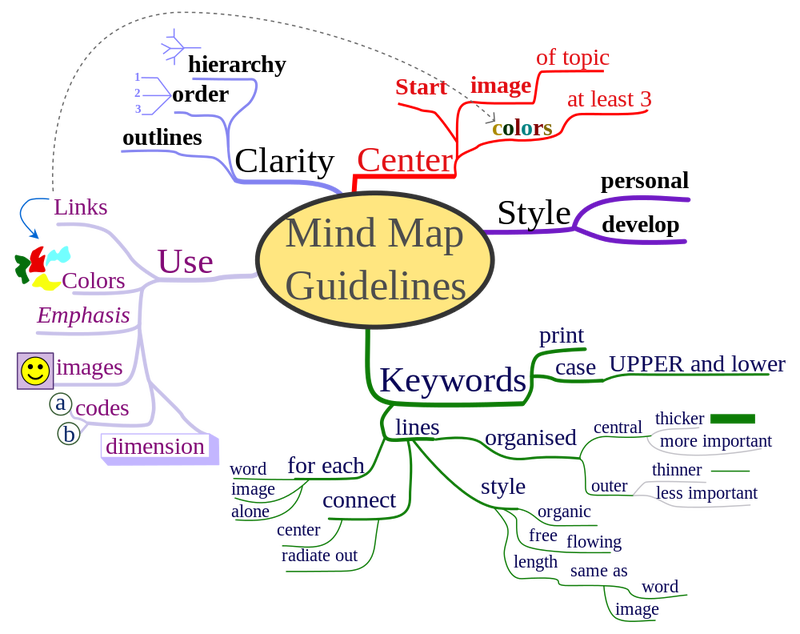A History Of Archaeological Thought Pdf Viewer
'A History of Archaeological Thought is humbling and overwhelming in its command of ideas and evidence and the lucidity of its prose. The Carter 3 Rapidshare Downloads more. This book would be the largest. Download and Read History Of Archaeological Thought History Of. A good writer is a good reader. PDF File: History Of Archaeological Thought. Microsoft Works Download Gratis Italiano Vero there.
Find more information about: ISBN: 74600491 OCLC Number: 266439802 Description: XX, 710 S.: ill., graph. Contents: Preface to the second edition; 1. Studying the history of archaeology; 2.
Classical and other text-based archaeologies; 3. Antiquarianism without texts; 4. The beginnings of prehistoric archaeology; 5. Evolutionary archaeology; 6. Culture-historical archaeology; 7.

Early functional-processual archaeology; 8. Processualism and postprocessualism; 9.

Pragmatic synthesis; 10. The relevance of archaeology; Bibliographical essay. Responsibility: Bruce G. More information: • •.
In its original edition, Bruce Trigger's book was the first ever to examine the history of archaeological thought from medieval times to the present in world-wide perspective. Now, in this new edition, he both updates the original work and introduces new archaeological perspectives and concerns. At once stimulating and even-handed, it places the development of archaeological thought and theory throughout within a broad social and intellectual framework. The successive but interacting trends apparent in archaeological thought are defined and the author seeks to determine the extent to which these trends were a reflection of the personal and collective interests of archaeologists as these relate - in the West at least - to the fluctuating fortunes of the middle classes. While subjective influences have been powerful, Professor Trigger argues that the gradual accumulation of archaeological data has exercised a growing constraint on interpretation.
In turn, this has increased the objectivity of archaeological research and enhanced its value for understanding the entire span of human history and the human condition in general.





